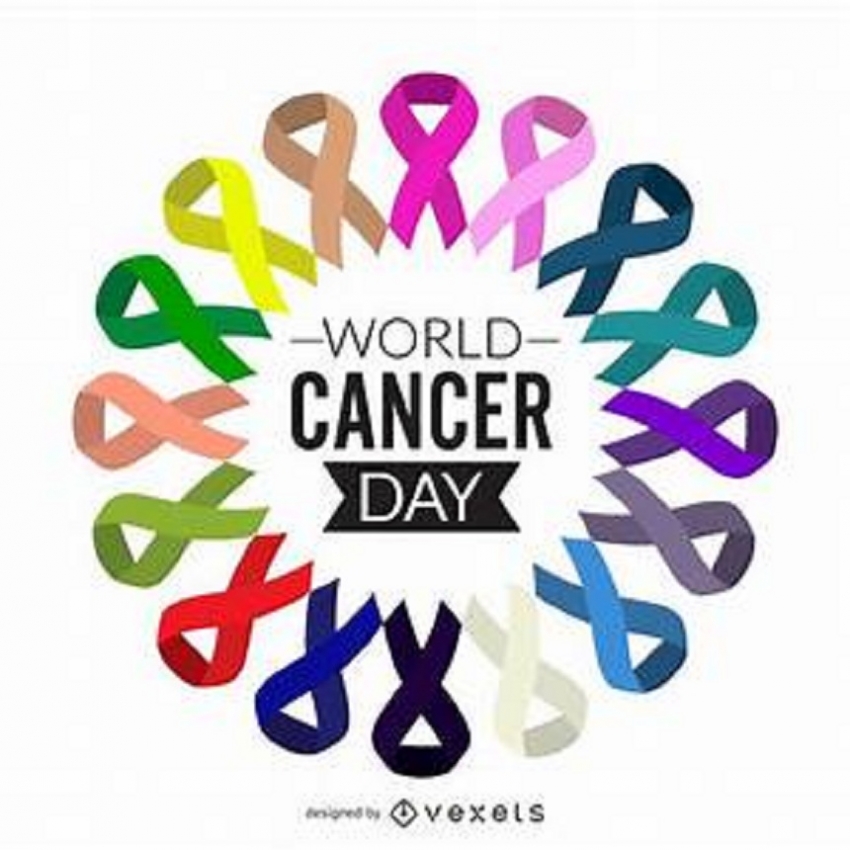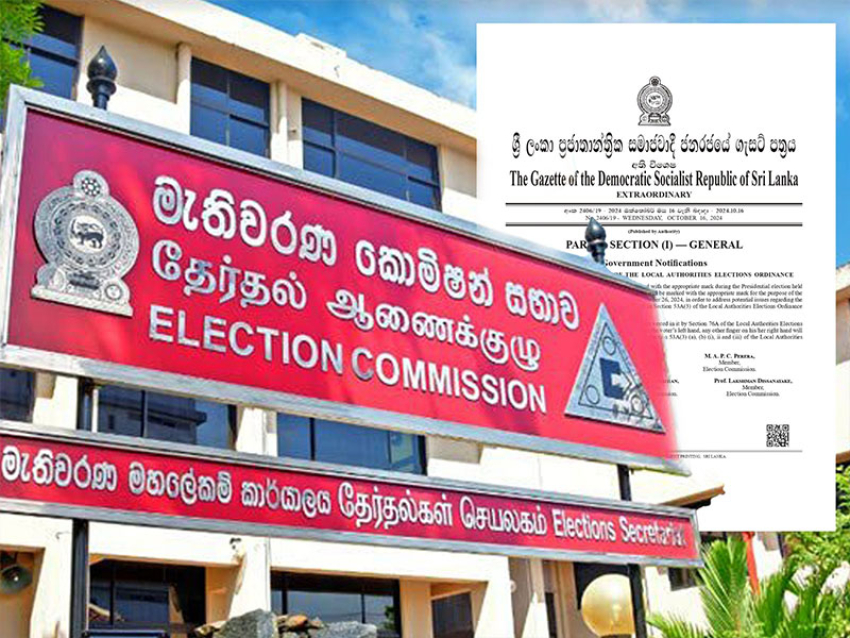Cancer is the leading cause of death across the globe. For years now, researchers have been striving with meticulous studies focused on how to stop this deadly disease in its tracks. How close are we to finding more effective treatments?The World Cancer Day empowers all of us across the world to show support, raise our collective voice, take personal action and press our governments to do more. World Cancer Day is the only day on the global health calendar where we can all unite and rally under the one banner of cancer in a positive and inspiring way.
The theme for 2019 is ‘I am and I will’ is all about your story and your commitment. The day organised by the Union for International Cancer Control (UICC) and celebrated each year on February 4, is an opportunity to rally the international community to end the injustice of preventable suffering from cancer.This year’s theme, acknowledges that everyone has the capacity to address the cancer burden. We can work together to reduce cancer risk factors. We can overcome barriers to early diagnosis, treatment and palliative care. We can work together to improve cancer control and achieve global targets to reduce premature mortality from cancer and NCDs.
Early detection
Detecting cancer early can effectively reduce the mortality associated with cancer. In resource-poor settings, cancer is often diagnosed at a late-stage of disease resulting in lower survival and potentially greater morbidity and higher costs of treatment. Even in countries with strong health systems and services, many cancer cases are diagnosed at a late-stage.Addressing delays in cancer diagnosis and inaccessible treatment is therefore critical in all settings for cancer control. Cancer is a cruel disease. A patient’s battle in hopes of defeating it is often a long one. The process is painful, demoralizing and heartbreaking for everyone involved.
Early diagnosis strategies improve cancer outcomes by providing care at the earliest possible stage and are therefore an important public health strategy in all settings. The barriers that delay cancer diagnosis must first be identified and assessed, and these factors may originate from patients to carers to health systems.On World Cancer Day, around the world, communities will hold festivals, walks, seminars, public information campaigns and other events to raise awareness and educate people on how to fight cancer through screening and early detection, through healthy eating and physical activity, by quitting smoking, and by urging public officials to make cancer issues a priority. Effective programmes can then be implemented at various levels that include community engagement, improving diagnostic and referral capacity and ensuring access to timely, high-quality treatment.
Cancer, also called malignancy, is an abnormal growth of cells. There are more than 100 types of cancer, including breast cancer, skin cancer, lung cancer, colon cancer, prostate cancer, and lymphoma. Symptoms vary depending on the type. Cancer treatment may include chemotherapy, radiation, and/or surgery.There were 9.6 million deaths from cancer worldwide in 2018. Lung, liver, stomach, and bowel are the most common causes of cancer death worldwide, accounting for more than four in ten of all cancer deaths. Also, while there is much emerging research promising more effective treatments most of these projects are still in their early stages, having conducted in vitro and in vivo experiments. Some potential treatments still have a long way to go before clinical trials in human patients.
Cancer research
Yet, cancer research is running at full speed, taking advantage of all the technological advances that science has achieved over recent years. But what does that mean in terms of coming up with a cure for cancer? Whether or not there will ever be a cure for all cancer types is currently a matter of strong debate. However, promising studies are being published and covered by the media almost every day.
As we mentioned earlier cancer types vary immensely. Cancer is a general term for a large group of diseases, whose causes, characteristics and occurrence can vary greatly. There is no completely clear-cut definition of cancer. Cancer is particularly a disease of older people. Due to population ageing, we have seen an increase in cancer incidence.Medical treatment has advanced so far that cancer, in any form, is often curable if detected early enough. Screenings should be part of every adult’s routine health regimen, along with healthy eating, exercise and avoiding tobacco. If that doesn’t sound like new information, it isn’t.
Cancer has likely been around as long as humans have. But over the years, our ability to test for the disease and treat it has greatly improved. More people who get cancer are living longer. Some are being cured.More and more people are able to recover from the disease. The scope for recovery depends on many factors, such as the type of cancer and the tumour distribution. Many patients who cannot make a permanent recovery are able to live long lives due to developments in cancer treatment.
The real proof is the 2.6 million husbands, wives, parents and siblings who are alive because we are prevailing in the war against cancer in which we are all soldiers.Still, that doesn’t mean we should lose all hope. Some researchers explain that these efforts should make us optimistic. While we may not be at the stage where we can claim that cancer can easily be eradicated, our furthered knowledge and ever more precise tools keep us ahead of the game and improve our odds in the fight against this disease.



















